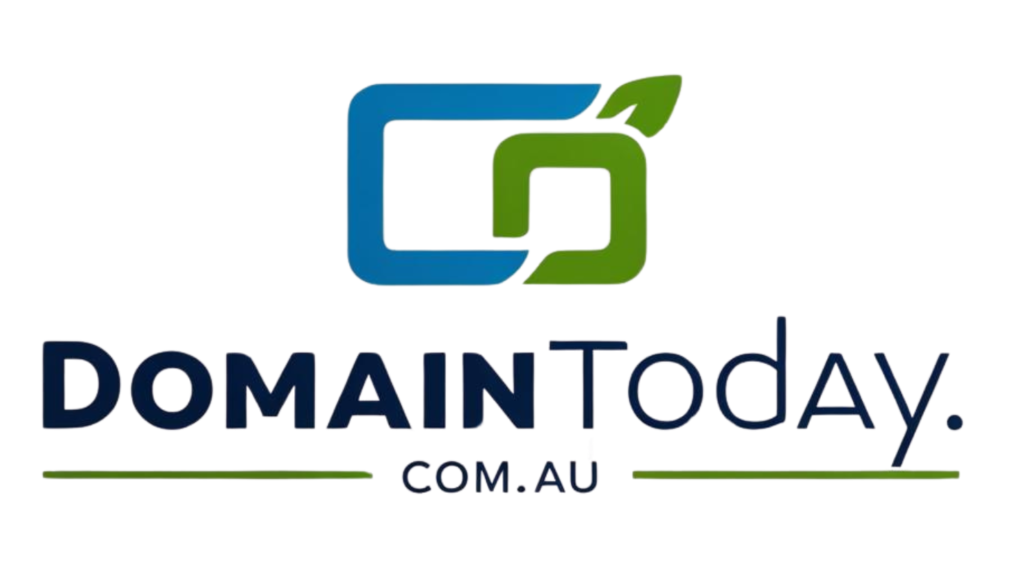In the digital age, the issue of universal acceptance of domain names poses a significant challenge, particularly for those whose names or brands contain non-ASCII characters or accents. This challenge reflects a broader problem of digital hegemony, where the Latin alphabet dominates online spaces, limiting the representation of diverse languages and scripts.
With 161 different scripts used globally, the lack of universal acceptance hinders the inclusion of non-Latin characters in domain names and email addresses. This disparity not only affects linguistic diversity but also erodes cultural expressions unique to various languages. For instance, languages like Catalan face obstacles due to the absence of special characters in digital domains, leading to compromises in maintaining linguistic identities.
The digital landscape’s imbalance is evident in the dominance of English content despite being spoken by a minority of the world’s population. This linguistic disproportion underscores the limited representation of languages with millions of speakers in online spaces. While efforts like internationalized domain names exist, their adoption remains low, reflecting the challenges of achieving universal acceptance.
Practical implications of this issue are felt in everyday interactions, such as email servers’ limited support for internationalized addresses. Users often resort to altering their names or domains to navigate compatibility issues, perpetuating a cycle of digital assimilation that marginalizes unique linguistic identities. Despite existing solutions, the lack of political and commercial will impedes broader acceptance of diverse scripts and characters online.
Recognizing language compatibility as a fundamental digital right, advocates emphasize the importance of inclusive online spaces that can accommodate all languages and characters without discrimination. While some progress has been made, tech giants and domain registrars must prioritize cultural diversity to ensure a truly universal internet accessible to all.
As the digital realm evolves, addressing the universal acceptance of domain names becomes crucial in promoting linguistic diversity and preserving cultural heritage online. By embracing a more inclusive approach to online identities, we can create a digital landscape that reflects the richness and diversity of global languages and scripts.
📰 Related Articles
- Legal Dispute Over ‘.md’ Domain Highlights Digital Economy Challenges
- Vietnam’s Decree 147 Enhances Domain Name Dispute Resolution
- UDRP Case Reveals Reverse Domain Name Hijacking Dilemma
- UDRP Case Reveals Domain Ownership Challenges for Entrepreneurs
- Navasard Limited Fails in Attempted Domain Name Hijacking






